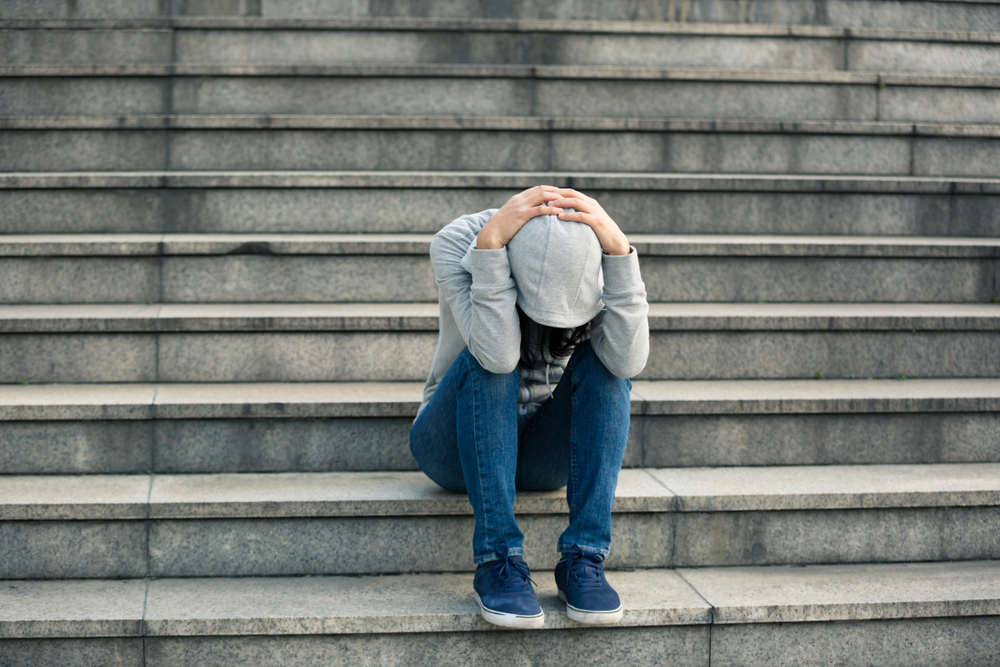 Troubled teens face a myriad of challenges that can significantly impact their mental health, physical health, and behavior.
As adolescents undergo immense developmental changes, certain risk factors make them particularly vulnerable to developing mental health conditions, aggression issues, and other concerning behaviors.
Understanding the challenges troubled teens face is critical to providing the support and early intervention they desperately need.
Troubled teens face a myriad of challenges that can significantly impact their mental health, physical health, and behavior.
As adolescents undergo immense developmental changes, certain risk factors make them particularly vulnerable to developing mental health conditions, aggression issues, and other concerning behaviors.
Understanding the challenges troubled teens face is critical to providing the support and early intervention they desperately need.
Understanding the Challenges: What Makes Teens ‘Troubled’?
 Troubled teens face a myriad of challenges that can significantly impact their mental health, physical health, and behavior.
As adolescents undergo immense developmental changes, certain risk factors make them particularly vulnerable to developing mental health conditions, aggression issues, and other concerning behaviors.
Understanding the challenges troubled teens face is critical to providing the support and early intervention they desperately need.
Troubled teens face a myriad of challenges that can significantly impact their mental health, physical health, and behavior.
As adolescents undergo immense developmental changes, certain risk factors make them particularly vulnerable to developing mental health conditions, aggression issues, and other concerning behaviors.
Understanding the challenges troubled teens face is critical to providing the support and early intervention they desperately need.


Leave a Reply